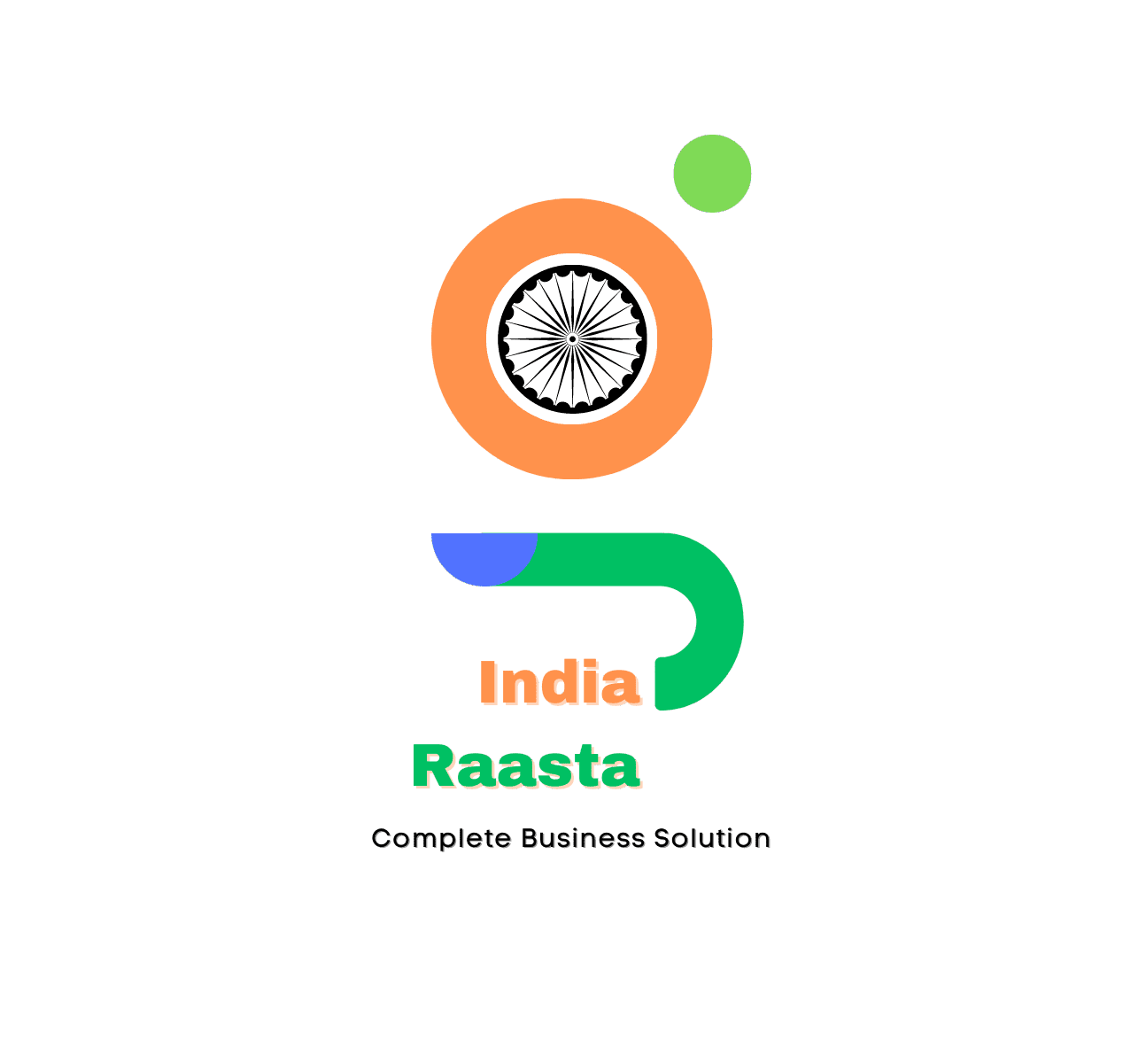Importance of ROC (Registrar of Companies) Filings in India
Importance of ROC (Registrar of Companies) Filings in India
Every registered company in India, whether Pvt Ltd or LLP, must comply with ROC (Registrar of Companies) filings. These filings maintain transparency, protect stakeholders, and avoid penalties.
1. Legal Requirement
Companies must file annual returns, financial statements, and changes in directors/shareholding with ROC under the Companies Act, 2013.
2. Avoid Heavy Penalties
Failure to file ROC returns can lead to monetary penalties, director disqualification, and even company strike-off.
3. Builds Business Credibility
Timely filings showcase transparency and trustworthiness, which helps in securing loans, funding, and partnerships.
4. Smooth Business Operations
Non-compliance can disrupt banking, government tenders, and funding processes.
5. Supports Future Expansion
Investors and VCs always check ROC compliance before investing.
Conclusion
ROC filings are not optional – they are crucial for compliance, credibility, and growth.
👉 IndiaRaasta helps companies with hassle-free ROC filings to stay 100% compliant.









